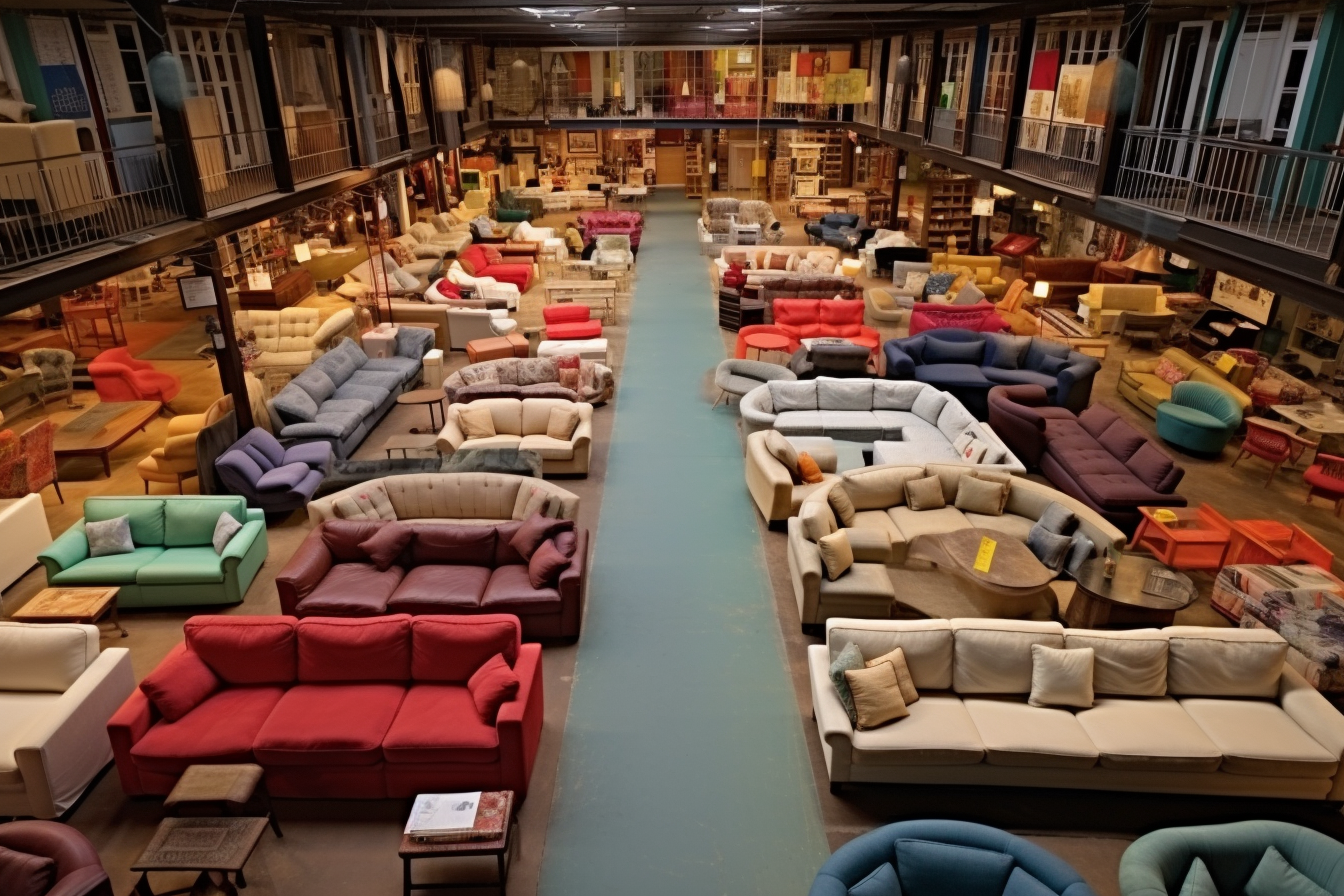Unveiling the Health Benefits of Green Spaces in Urban Areas
From sprawling parks to rooftop gardens, green spaces are increasingly recognized as a health-enhancing solution in urban areas. These havens of nature within concrete jungles offer numerous physical, mental, and social health benefits. This article will delve into the scientific findings on urban green spaces and their potential to improve wellness.

The Emergence of Urban Green Spaces
Urban green spaces have been a part of city planning since ancient times. The Greeks and Romans incorporated green areas, such as public gardens and parks, within their cities for aesthetics and recreation. Over the centuries, the concept of urban green spaces has evolved, with today’s city planners recognizing their potential health benefits.
In the 21st century, the role of urban green spaces has become more crucial due to the rapid urbanization and increase in mental health issues. Recent studies have begun to uncover the science behind the health benefits of these spaces, influencing urban planning worldwide.
Urban Green Spaces and Physical Health
Exposure to green spaces is linked to various physical health benefits. A study published in the Journal of Epidemiology and Community Health found that people living near green spaces have a lower risk of mortality from cardiovascular disease. Other benefits include improved immune function, reduced obesity rates, and lower risk of type 2 diabetes.
The Impact on Mental Well-being
Urban green spaces are not just beneficial for physical health but also mental well-being. Research published in the Journal of Environmental Psychology suggests that exposure to greenery can reduce stress levels, enhance mood, and improve cognitive function. Regular contact with nature can also alleviate symptoms of mental health disorders, such as depression and anxiety.
The Social Aspect of Urban Green Spaces
Apart from individual benefits, urban green spaces also foster social cohesion. They offer a communal space for social interactions, enhancing community engagement and promoting a sense of belonging. Studies have shown a positive correlation between access to green spaces and social cohesion, leading to improved overall community health.
Embracing the Green in Your City
-
Seek out local parks or community gardens for regular walks or exercise sessions.
-
If you have a balcony or rooftop, consider creating your own green space with plants.
-
Participate in community events held in local green spaces to foster social connections.
-
Advocate for more green spaces in your local area through community councils or city planning meetings.
In conclusion, urban green spaces offer a plethora of health benefits, from boosting physical health to enhancing mental well-being and fostering social connections. As urbanization continues to increase, the role of these green oases will become even more critical. So next time you’re in your city, take a moment to embrace the green - your health will thank you.




